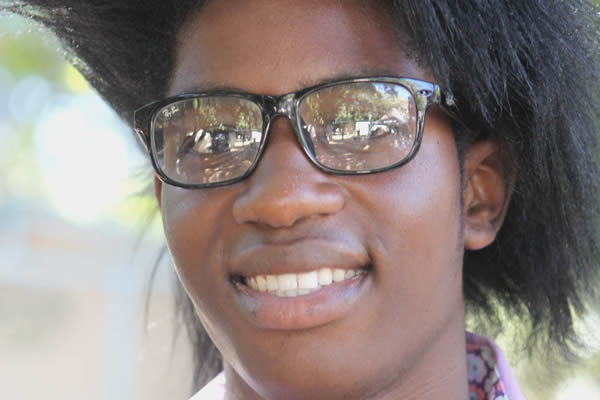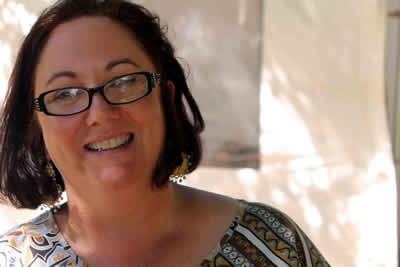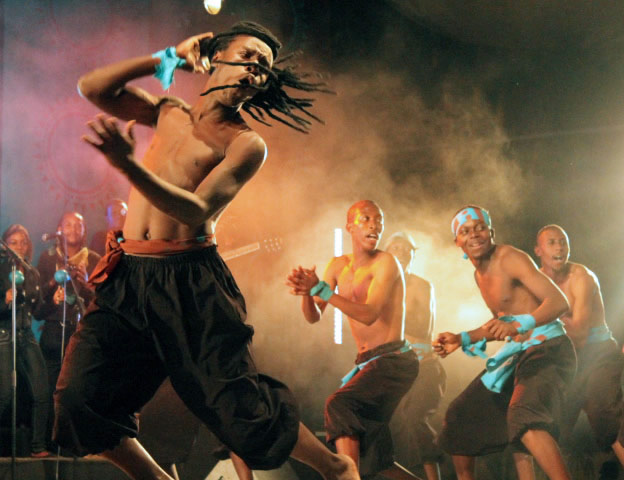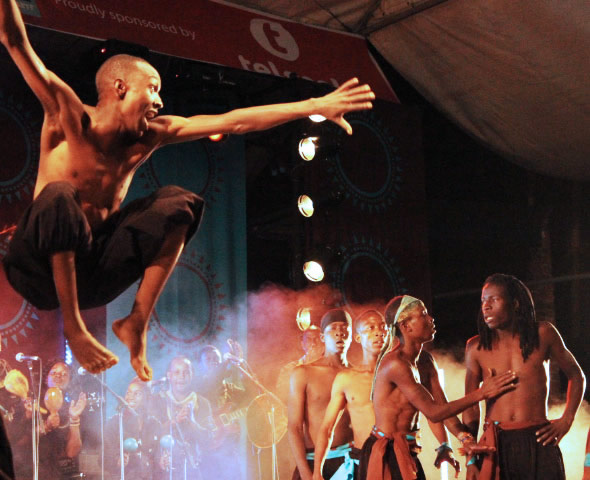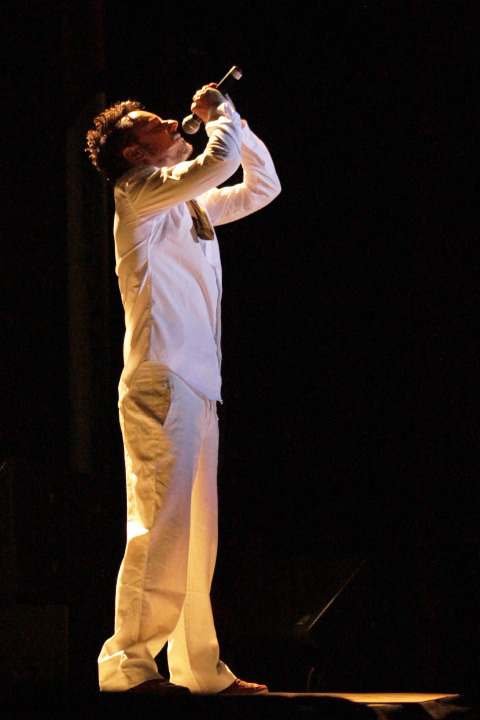Opening the Stockholm Internet Forum last week, the Swedish Foreign Minister stated that internet freedom was the frontline of freedom. The Forum was convened to deepen discussion on how freedom and openness on the Internet promote economic freedom and social development worldwide and bringing together policymakers, civil society, activists, business and technical community representatives.
Much of the discussion during the conference focussed on preserving Internet freedom and went so far as to suggest making Internet freedom a human right. The role of the private sector, namely ISPs was discussed in this context, with one person tweeting:
When private sector talks about Internet freedom it’s mostly the freedom of companies to do and control what they want.
Discussion moved to the roles and responsibilities of the private sector in protecting citizens right to freedom on the internet, especially in view of government ordered disconnections in times of civil crisis as has happened during the Arab Spring. A discussion panel explored this theme further in a session titled “Enhancing Internet freedom and human rights through responsible business practice”. Panellists emphasized that corporations had a responsibility to preserve human rights, and that undemocratic governments and legal and regulatory environments, which were inconsistent with international best practices, made for challenging operating environments. It was generally agreed that working with industry peers to develop common approaches was crucial in overcoming this situation.
In a panel titled “Social media is fast, social change is slow”, Ms Alice Munyua a member of the Board of Communications Commission in Kenya, reminded the forum that access was still a major challenge in much of the world. Indeed, Africa’s Internet penetration stands at 13.9% representing 6.2% of the world’s users. Developments such as the East African Under Sea cables have boosted the quality of access, but they have not necessarily increased it. Cost and Infrastructure remain major barriers to access, particularly in remote rural locations. Thus Internet access becomes the preserve of a privileged minority mainly located in large urban centres.
I think that before we can speak about preserving Internet freedom, let alone using social media for social change, the challenges of mediating universal access must be met. However, this was not as big a discussion point as I would have hoped. It is undeniable that the Internet is a medium through which governments; civil society and citizens may create the greatest social change in communities that have traditionally been marginalised and underserved, particularly in the areas of health and education. And conferences like the Stockholm internet forum have their place in global conversations about the internet, especially with the threats posed to Internet freedom by such legislation as SOPA (Stop Online Piracy Act), PIPA (Protect IP Act) and more recently CISPA (Cyber Intelligence Sharing and Protection Act). However the importance of access to the Internet cannot be overstated. In situations like Zimbabwe, which has 12% penetration, or Mozambique which has 4% penetration, access rather than freedom on the Internet is the more pressing issue.



